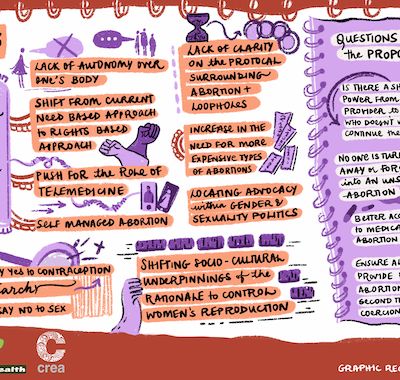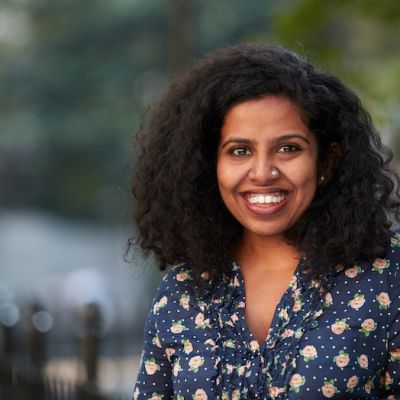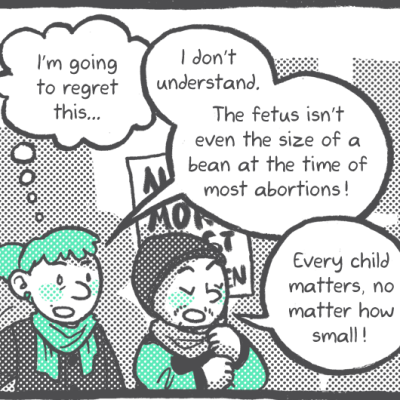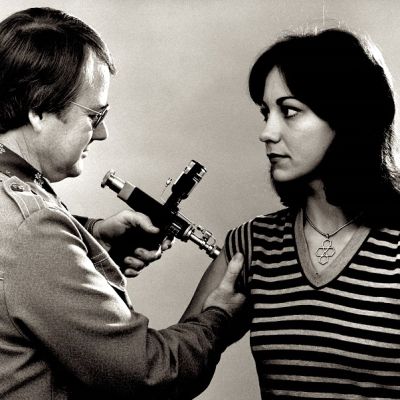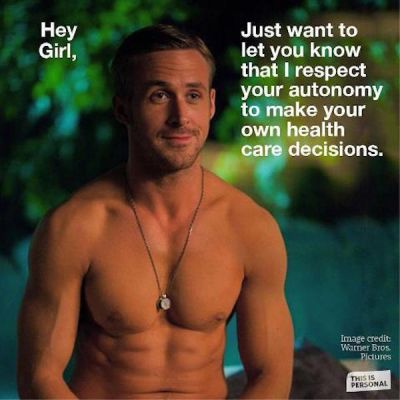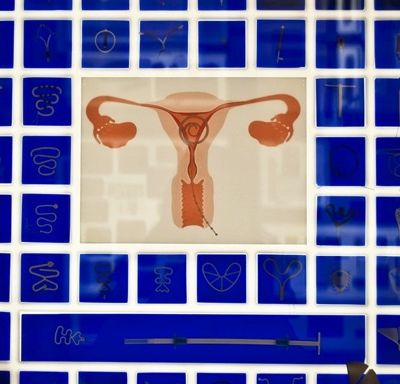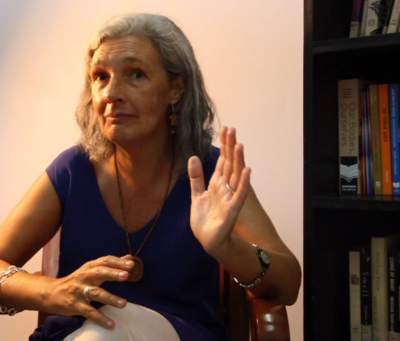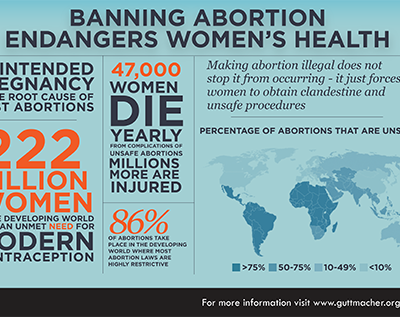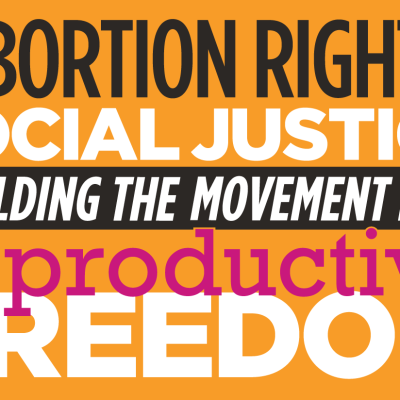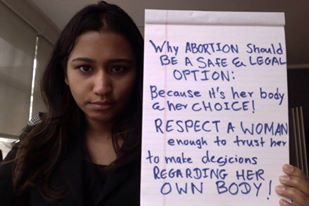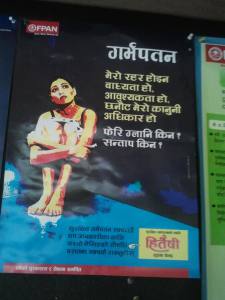Abortion
Getting to know who I really am has been a game changer. Prejudice, anger, control and violence all emerge from fear.
The graphic representations of a three-part webinar series organised by Common Health and CREA address these questions and attempt to build an understanding of the decriminalisation of abortion and how it could ensure access to safe, affordable, timely and rights-based services.
Jasmine George is a TEDx speaker, lawyer, and a sexual and reproductive health advocate from India. She is the founder of Hidden Pockets and currently curates conversations around sexuality and other fields. She is passionate about using alternative means in law and technology to explore sexuality
Pro-life arguments have invoked faith and religion to decry a person’s right to seek an abortion, and the right to decide what to do with one’s body. But, as Everyday Feminism’s comic, The Hypocrisy of Pro-Life Rhetoric, breaks it down for us, it is not with religion or faith where the problem lies.
It is very easy to fall into the trap of believing that the survival of the larger group is more important than the rights of an individual. This is especially true in diasporic communities, where people are constantly struggling to keep their cultural identities intact while simultaneously assimilating to the majority culture just enough to survive.
Medical abortion is a threat to scientific authorities because it is technology easily used without the help of a medical provider. Since there is doubt that women will use the drug safely without supervision (even though they did it before and are still doing it), some think the kinder option is to remove their opportunity to fail.
Mainstream media is beginning to pay attention to men’s relationship with abortion – a welcome counterpoint to the anti-woman, anti-abortion rhetoric Men’s Rights Activists (MRAs) spew on the topic.
Abortion and sex work share the distinction of being topics on which even feminist activists sometimes find it difficult to remain non-judgmental, confronting feminists with the question: to what lengths are we really willing to go to respect and enable women’s choices and bodily autonomy?
If I had a dollar every time I heard an opponent of abortion rights say something like “If you remove the option for abortions, women will stop getting them,” it’s safe to say I would go up a tax bracket or two. In many places today, Global South or North, I would need all of those dollars in order to travel a considerable distance for an abortion that may neither be legal nor safe.
Foods of various kinds have been historically used to prevent conception and to induce abortion. 4000 Years For Choice celebrates the practices…
The eight UN Millennium Development Goals (MGDs) have been rightly criticised because they were too narrow, failed to address the…
Rebecca Traister, in her recent article for the New Republic, titled Let’s Just Say It: Women Matter More Than Fetuses…
Cultural norms and religion no doubt affect the way we perceive the world. They shape one’s behaviour, habits and practices,…
Whenever I represent Nepal as a youth delegate in any conference or workshop, I always share the great achievement Nepal’s government made in women’s health, i.e. legalising abortion. For many years, women in Nepal had experienced strictest abortion laws in the world.


